Some revelations, it seems, are capable of being endlessly repeated while still remaining revelations. Think of all the books, articles and TV programmes over the years which have ‘revealed’ that the Victorians weren’t, after all, mad sexual repressives who had a fit of the vapours at the sight of an uncovered table-leg; or that the 1950s were a lot more fun than the drab conformist decade of popular imagination. Or that Rudyard Kipling was by no means a straightforward imperialist. (Feel free to add examples of your own.) And yet, no matter how many times these things are pointed out, it’s always with a proud flourish — as if what’s being said stands in fearless contradiction to everything we’ve previously heard.
This same phenomenon could be seen at work in Cake Bakers and Trouble Makers: Lucy Worsley’s 100 Years of the WI (BBC2). For as long as I can remember, every media account of the Women’s Institute has begun by explaining that there’s far more to the organisation than jam and ‘Jerusalem’. But obviously none of them worked — because Monday’s programme began with the ever-perky Worsley explaining that, while we may think of the average WI member as someone ‘belting out “Jerusalem” or making lovely jam’, there’s far more to the organisation than that.
In fact, according to Worsley, the WI is nothing less than the missing link between the suffragettes and the women’s liberation movement of the 1970s. At times, admittedly, she did marshal a spot of evidence: as early as 1943, a national meeting of the WI passed a resolution in favour of equal pay for equal work. Mostly, though, she relied on simple assertion — as well, of course, as carrying out the primary duty of so many TV historians: judging the past by the steely certainties and pieties of our own day.
Reading a 1940 document in which WI members wrote about how dirty and vermin-ridden many evacuated children were, she shook her head sorrowfully at such bigotry. (Naturally, she didn’t stop for a minute to wonder if it might be true.) Learning from later in the document that the women also wanted some money for looking after these children, she found it ‘pretty cool’ that they were demanding ‘wages for housework’. The same applied when she looked through the courses on offer in the 1950s at the WI’s residential college. Folk-dancing and puppetry were dismissed with an indulgent chuckle; debates on race and nuclear weapons were hailed as ‘surprisingly enlightened’.
But that ‘surprisingly’ was perhaps a bit of a giveaway — because for all her efforts at solidarity, Worsley didn’t always avoid crossing the line that separates the affectionate from the patronising. The subtext to several of her twinklingly admiring remarks often seemed to be ‘God bless the ladies’ (a subtext amplified by the programme’s jokey music). And if the WI really is a hotbed of feminism, I suspect it won’t have appreciated her description of its campaigning style as ‘polite but persistent nagging’.
Now here’s a tricky quiz question: what did Judi Dench, John Humphrys, Richard Dawkins, Tony Blair and Tracey Emin have in common this week? The answer is that they all turned up in Saturday’s Melvyn Bragg: Wigton to Westminster (BBC2) to agree that Melvyn has done more than anybody else during the past 50 years to popularise art and culture in Britain.
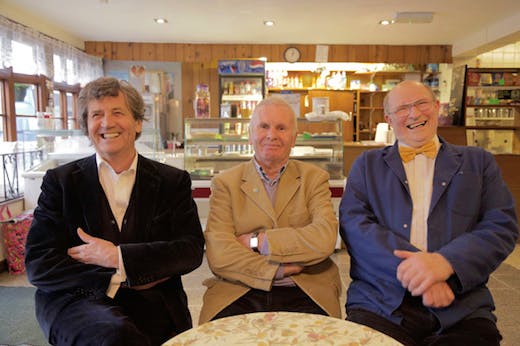 Melvyn Bragg, Brian Henderson and William Ismay (Photo: Storyvault Film)
Melvyn Bragg, Brian Henderson and William Ismay (Photo: Storyvault Film)
Given that his own films on The South Bank Show have always tended to the generous, it didn’t feel wildly unfair that the man himself should get the same kind of treatment in what’s apparently his first full TV profile — and anyway, it’s hard to dis-agree with the verdict. Nonetheless, the best parts of a fine, if slightly workmanlike documentary came not with the reminders of Melvyn’s greatest hits (although that final interview with Dennis Potter is still hard to beat), but with the more personal stuff.
Walking round his hometown of Wigton, he conjured up a lost boyhood world of horse fairs and almost universal church attendance, introducing us to several friends he’s known since he was five — and to the inspiring figure of 94-year-old Mr James, the teacher who’d clearly had to work hard to persuade Melvyn’s parents, Melvyn’s other teachers and Melvyn himself that Oxford was no longer out of reach for bright working-class boys from Cumbria.
Towards the end, Melvyn also reflected with some reluctance on the suicide of his estranged first wife in 1971 — a subject he covered in the novel Remember Me. But writing the book, he confessed, didn’t have the therapeutic effect that it was supposed to. Instead, it ‘stirred it all up again’ and ‘made things far, far worse’. ‘I profoundly wish I hadn’t written it,’ he concluded. ‘I’d be more contented than I am now by a long way.’
Got something to add? Join the discussion and comment below.
Get 10 issues for just $10
Subscribe to The Spectator Australia today for the next 10 magazine issues, plus full online access, for just $10.

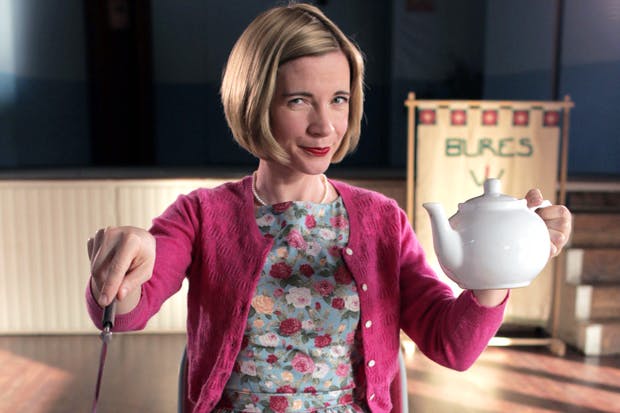
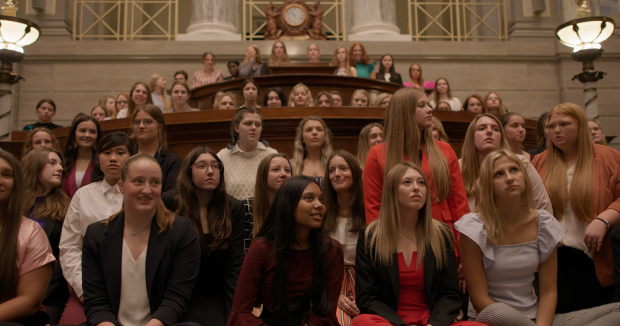


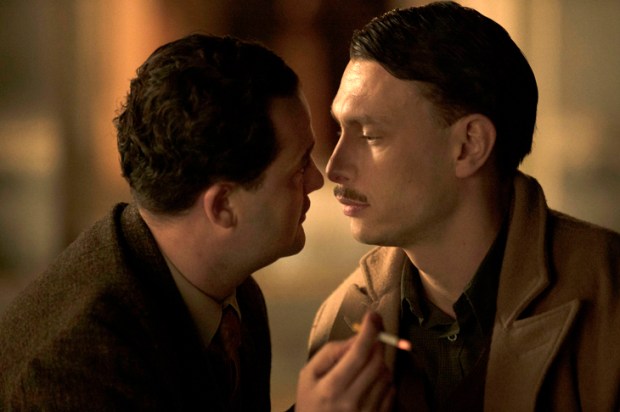
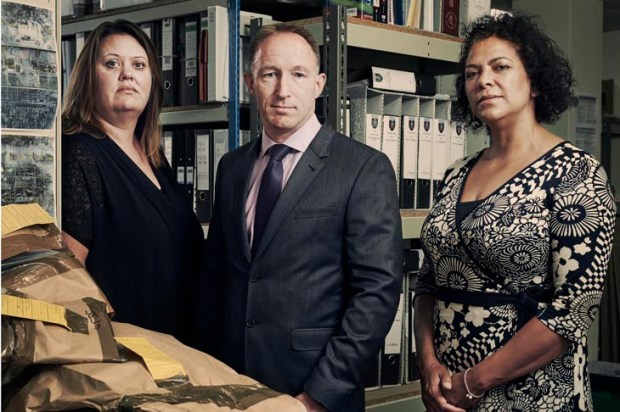
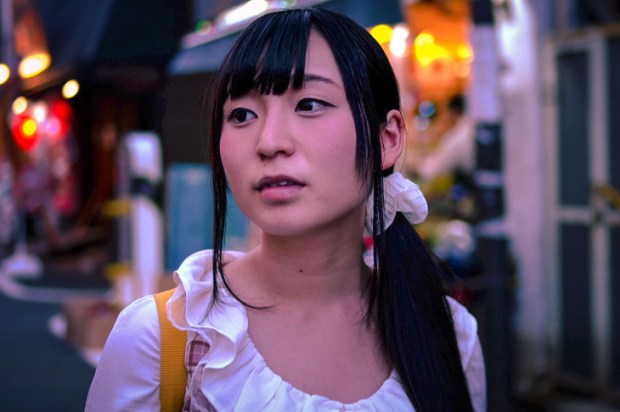






Comments
Don't miss out
Join the conversation with other Spectator Australia readers. Subscribe to leave a comment.
SUBSCRIBEAlready a subscriber? Log in